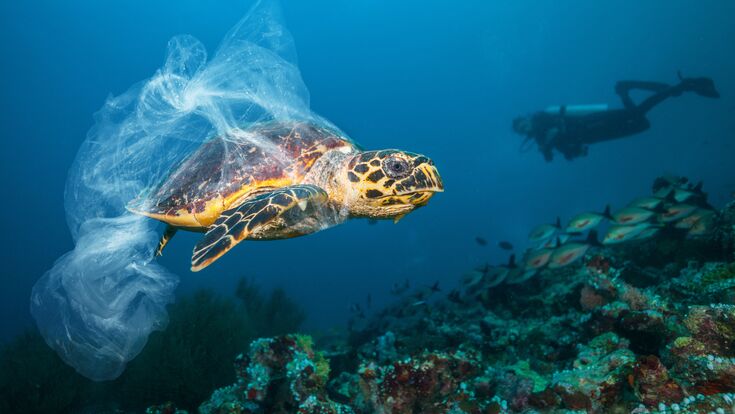UNEA : Global agreement against plastic waste in sight

On Monday, 28 February, the world's environment ministers met for the United Nations Environment Assembly (Unea) in Kenya's capital Nairobi. The central topic of the conference, which will last until Wednesday, is the worldwide handling of plastic and the pollution of the oceans with it. Numerous environmental organisations, including Greenpeace and WWF, called on the UN member states to initiate a negotiating mandate for a legally binding global plastics agreement.
A resolution to this effect is to be voted on in the coming days. According to reports the negotiators had agreed on a timetable for an ambitious agreement that would also regulate the production of plastics. The draft text of the decision states that the treaty should cover "the entire life cycle of plastics".
“For the first time in history, we are seeing unprecedented global momentum to tackle the plague of plastic pollution,” said U.N. Environment Program Executive Director Inger Andersen.
For oil and chemical companies, such a decision would be a bitter defeat. Also, consumer goods companies would have to adapt. According to the draft, the treaty should also work towards sustainable packaging design and limit disposable packaging.
According to United Nations estimates, 400 million tonnes of plastic waste are produced worldwide every year. This waste can only be recycled to a limited extent: According to the UN, only nine per cent of the waste is recycled. The rest ends up in landfills, is incinerated, or drifts into the oceans via rivers. Often, the accusation goes, the exported waste of rich countries like Germany causes great damage in poorer countries because it cannot be disposed of appropriately there due to a lack of infrastructure.
